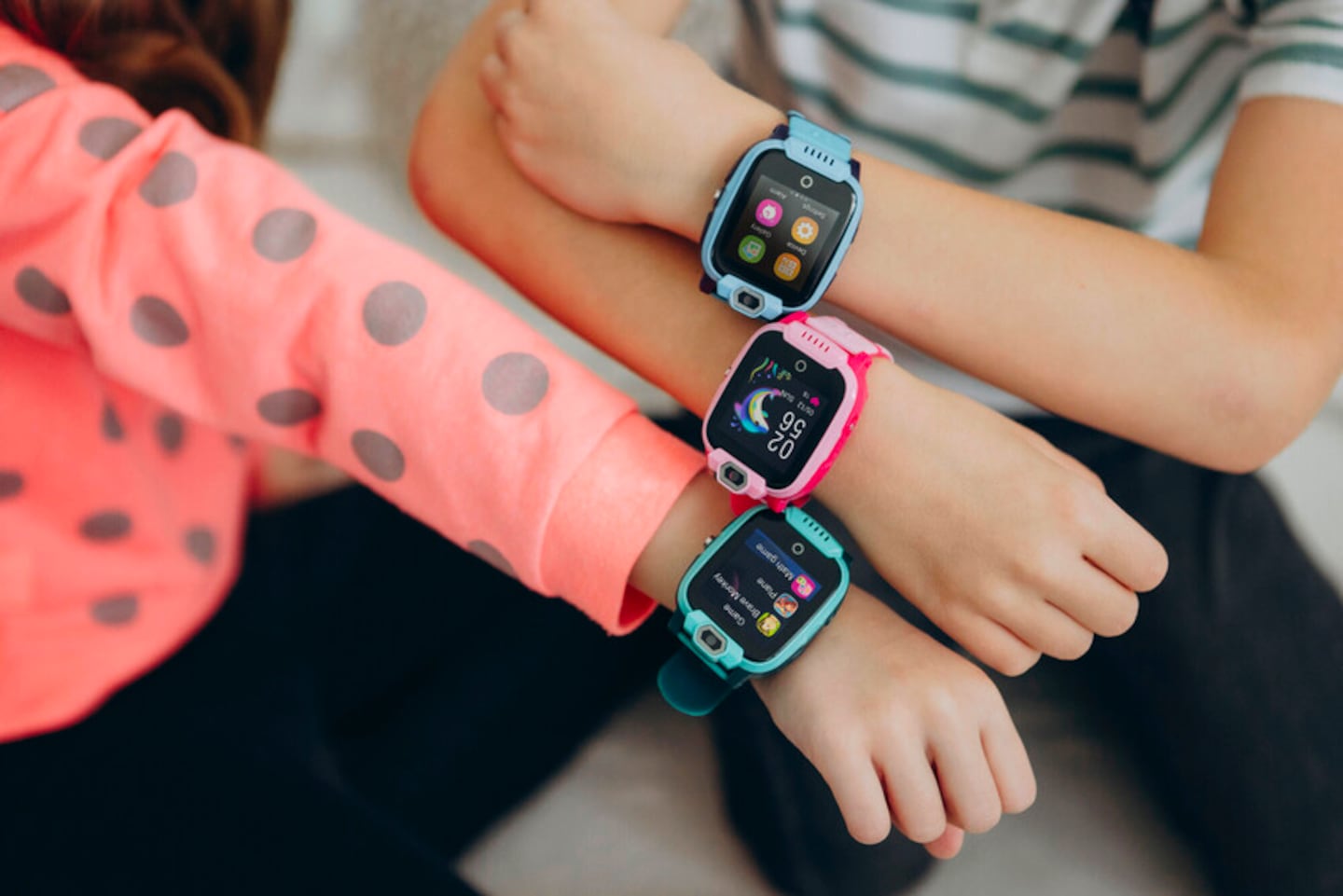Write to us at startingpoint@globe.com. To subscribe, sign up here.
I knew they were arguing about something when they got off the bus, and my older son, who was finishing his second year of high school, came through the door first complaining about how his little brother and his sixth-grade buddies never shut up on the bus.
That’s when my 12-year-old burst in the door, about to get an “Amen!” from me.
“It’s because we’re the only ones who don’t have phones!”
The Massachusetts Senate wants to make that everyone. The lawmakers recently voted to ban students’ cellphones during the school day, all the way through high school. If approved in the House and signed by the governor, we’ll join the 14 states that have some form of a phone ban in schools. Students will still have their faces buried in Chromebooks, but zero phones. Polls show that three-quarters of Americans support the idea, and the states that have followed-through report happier students and teachers.
When my younger son finished elementary school, for a graduation gift we surprised him with a watch, an Apple SE, the cheapest of the Apple watches, because it checked every box you’d want and none you wouldn’t. For kids. And probably for adults.
His crew of buddies received the same exact gift, and what’s very weird, and perhaps not surprising, is that the parents hadn’t coordinated. It just makes that much sense for a first mobile device. The market for smart watches is already at $7.3 billion globally, and expected to grow 15 percent a year for the next decade.
The cellular model of the watch doesn’t have to be paired with a phone, and has its own number along with its own plan, which is just $10 a month. (Other brands include Cosmo, Gabb, Gizmo, and more.) The voice text works just fine. It has location tracker and GPS, and access to apps, which parents can allow or not, but all of it is on a screen so tiny it’s hardly worth it. No one can look at their wrist for five hours a day.
Which is the amount of time the average American spends on their phone each day, according to surveys. Back of the napkin calculations tell me that if you multiply five hours by 365 and divide by the 16 hours we’re awake, you get 114 days. That’s April 24, if you started at the new year and did nothing else.
My 12-year-old remains at zero, and I wish I could join him. For the second straight summer I’ve watched him get up every day, curl up on the couch, and then speak into his wrist like Buck Rogers. Does anyone want to go fishing? Or play soccer at the school? Let’s do something.
After breakfast, he disappears on his bike, and will check in with odd questions and requests, coming in and out of the house with other kids with watches. At some point his older brother will emerge to flop onto the couch and disappear into his phone.
He got his phone for Christmas in eighth grade, which is on the late side. But it didn’t take but a moment for him to start using it way too much, just like everyone else.
The Massachusetts bill would ban phones from “bell to bell,” and the hope is that it will lead to improvements in mental health and the social lives of the students, and limit the endless distraction of the world’s most influential device begging to be played with. The bill has support from Governor Healey and the state’s two largest teachers unions, but it is unclear when the House will take up the matter. Some opponents have listed safety concerns in case of emergency, and say that a ban would deprive schools of the chance to teach students how to become responsible about screen time.
That seems like wishful thinking. But this is not: If the House passes the bill, which cruised through the Senate 38-2, it will go into effect for the 2026-2027 school year, and my younger son will graduate from high school without spending a single day in school with a phone to distract him. And his brother will sound like we do when we look back on the days before helmets and seatbelts. He’ll talk about being the last generation to spend all day screwing around on his phone, before we realized how antisocial — and harmful — that could be.
🧩 5 Down: Club for swingers? | 🌤️ 78° Much more comfortable
 Garrett Crochet (left), Trevor Story (center), and Greg Weissert model some of Paul Procopio’s creations.Tim Healey/Globe Staff
Garrett Crochet (left), Trevor Story (center), and Greg Weissert model some of Paul Procopio’s creations.Tim Healey/Globe Staff
Cannabis Control Commission: A state audit of the agency that regulates Massachusetts’ marijuana industry found widespread mismanagement and rule violations.
Market Basket: A judge granted the grocery chain’s request for a restraining order against two fired executives who are allies of its suspended CEO, barring them from stores and offices.
Language arts: Boston Public Schools are expanding multilingual education programs, but not fast enough to keep up with the city’s growing immigrant population.
Tough start: Braintree lost its first Little League World Series game in a 13-0 rout that ended by mercy rule after four innings.
Threatening: Video appears to show a man brandishing a hatchet at pro-Palestinian protesters in Cambridge on Sunday. Police are investigating.
Storied shirts: This lifelong Red Sox fan has become the source for the team’s beloved custom-made T-shirts.
RFK Jr.: Trump’s health secretary is hostile toward the mRNA technology underpinning Covid vaccines, chilling investment in experimental therapies that could help treat cancer.
‘Fear everywhere’: ICE has focused more on Worcester and Boston so far, but fears of arrest and deportation permeate Central Falls, Rhode Island’s only majority-Latino city.
Arrested: The man who threw a Subway sandwich at a federal agent in D.C. and called him a fascist was a Justice Department employee. He lost his job and faces a felony assault charge.
Artificial intelligence: Meta let its AI chatbots have “romantic or sensual” conversations with kids. Lawmakers pledged to investigate. (Reuters)
Call it antisocial media: Platforms like Facebook, Twitter, and Instagram were meant to foster connection. Instead, they’re isolating and consuming us, Rebecca Spiess writes.
A D.C. debate: The capital city’s intolerably high crime rates justify deploying the National Guard, Heather Mac Donald argues. But crime in D.C. is falling, Eugene Scott counters, suggesting that doing so is really just Trump’s latest attempt to punish liberal cities.
By Teresa Hanafin
🏟️ Jarren Duran lookalikes: If you think you resemble the Red Sox outfielder, show up on the Big Concourse at Fenway (Gate C) at 1:30 p.m. Saturday (you must have a ticket to that game). You could win tickets and a signed baseball.
🐶 Take one, leave one: At Little Fresh Pond Dog Beach in Cambridge, your canine companion can participate in a library exchange program — for sticks.
🏖️ Same vibe: Obsessed with the Prime Video series “The Summer I Turned Pretty”? Here are places on the Cape and Vineyard that capture the feel of Cousins Beach.
💿 Quiet summer: No up-tempo, catchy, season-defining hit has emerged as the 2025 song of summer. Is the concept dead?
📺 Weekend streams: “Butterfly” on Prime Video, “Night Always Comes” on Netflix, “The Legend of Ochi” on HBO Max, and more TV and movies to watch.
💘 Blind date: They both enjoy board games, among other things. Will one of them make the first move?
🔑 Tourist tales: Keys dropped in toilets, shockingly unprepared travelers, missing kids. Here are some wild stories from New England visitor centers.
Thanks for reading Starting Point.
This newsletter was edited by Teresa Hanafin.
❓ Have a question for the team? Email us at startingpoint@globe.com.
✍🏼 If someone sent you this newsletter, you can sign up for your own copy.
📬 Delivered Monday through Friday.
Billy Baker can be reached at billy.baker@globe.com. Follow him on Instagram @billy_baker.

